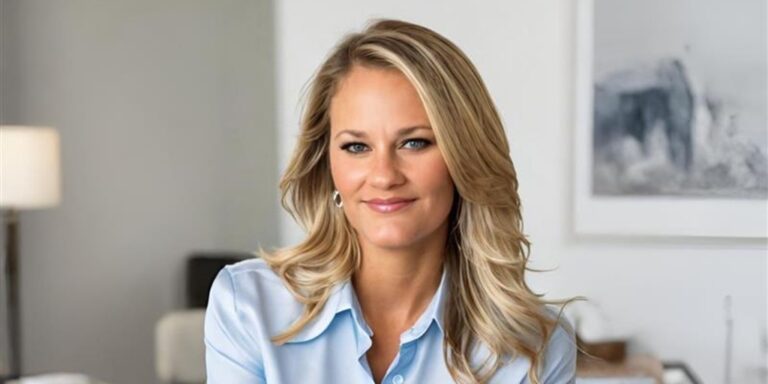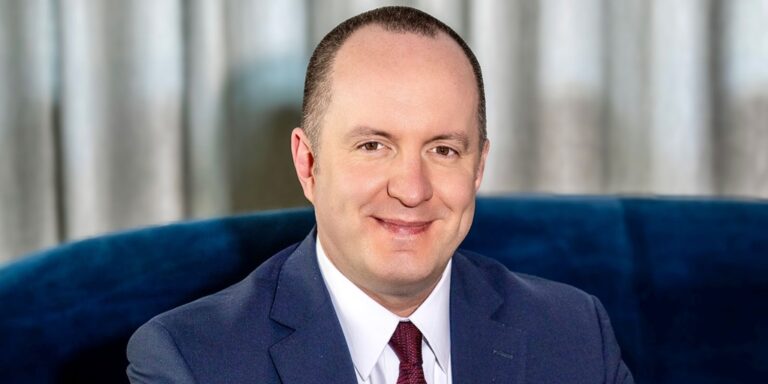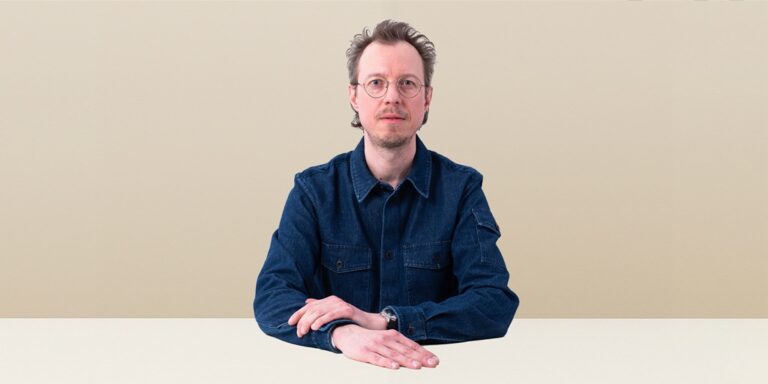Businesses will have to embrace remote working in order to thrive post-Covid19.
The COVID-19 crisis has put remote working in the spotlight – and that’s no bad thing, writes Shelley Reiner, founder and leader of global hospitality design collective Suited Interior Design.
We have always worked remotely. My business philosophy is centered around the idea that providing the freedom to work as you wish breeds greater creativity. So that means no central office. Which means fewer overheads. Which also means I pass on those savings to clients.
We call ourselves ‘free-range’ and ‘officeless’. And I’m happy to say that while it may be unconventional, it works. We’ve been operating this way for six years now, and we have completed multiple stunning and successful projects across the globe.
It’s a matter of time
Time is precious, and we love the fact that the two or three hours a day which would typically be spent commuting can now be set aside as quality time rather than wasted time.
As creative people, we are naturally driven by our work, and we’re all hard at work by 8 am. But we might take time to do a yoga class in the middle of the day or run errands, which keeps our mental and emotional wellbeing intact. And we don’t always work at a desk. We’re untethered; we can work from the garden or by the pool.
But we’re still committed to being part of a team. If we are stepping out for a while, working alternative hours, or hopping into the pool to cool off, we always make sure to let each other know, so we can all work around it.
The greatest benefit of remote working is that it allows us to be a global team. We have members based in Spain, India, Turkey and the US, as well as the UK, which can be an enormous benefit when deadlines are tight.
If we pass our work from the UK to the US at the end of our day, it’s completed when we wake up in the morning. It means we can offer our clients a 24-hour service if they need it. It’s been the secret to handling many curveballs and unrealistic deadlines.
Tips and tricks
Before the Covid19 crisis, people often used to ask me what the difficulties of working in an office-less situation were. Now, the whole world is having to do it. And, like everything, they are discovering that it brings challenges as well as advantages.
For one, you can become so absorbed in your work that you lose all sense of time and work too many hours. To prevent this from happening too often, we tune into the external signs of time. Church-bells, a lunchtime phone call from a spouse to remind you to break for something to eat, or a like-clockwork pining dog that wants its walk – they all help us to strike the wellbeing balance by taking breaks.
On the other hand, there can be too many disturbances (although there will never be as many as you will encounter in an office environment). The tech that we use as a tool can distract – too many chat notifications are a recipe for disrupted thought. To combat this, when we really need to concentrate, we turn off alerts and let the rest of the team know we’re going offline.
Business as usual
Technology is so good now that it allows us to collaborate in the same way we would have if we were sitting together. As a team, we sketch together to find solutions to problems, we each have the same swatches to hand so that we can judge colours in their true form, and we all work off a shared drive.
So, in answer to the question ‘how has the Covid19 crisis affected our working habits?’, I’d have to respond “not at all”. In fact, one of our designers is stranded in Barcelona right now, and she hasn’t missed a single beat. We’re set up so that she doesn’t have to.
Business (not) as usual
It has been hard to see our clients so dramatically affected by the crisis. They have been badly hurt by it both financially and emotionally. Our hearts go out to them.
Many projects we were working on that were under construction have been stopped by government order. I hope that these works are simply on hold. But as the financial impact of closed hotels continues to take its toll, and clients wrestle to secure investment, it is too soon to tell if those visions will ever be realised.
As our projects are scattered across the globe, we have managed to continue working in regions where it is permissible. Our projects in the Philippines and Portugal, for example, are continuing with construction.
But even those have had their challenges, with sourcing from certain countries ceasing to be possible, and project team members dropping off either due to cutbacks in staff or virus-related illness. We’ve had to think creatively about how to navigate these challenges, as much as how to complete the design work we’re implementing.
Life support for hotels
We’ve been putting a lot of thought into this because, no bones about it, our industry has to adapt. The future of hospitality design relies on it. But how?
Personally, I took inspiration from the Formula 1 racing team that jumped into immediate action to develop a respirator, which could be made quickly and cheaply. It hit me that this is exactly what we in the creative industry have to do at this time.
So, we quickly formed a collaboration with members of the industry to create what we call The Hotel Ventilator Project. The combination of a shift towards domestic tourism and radical change in workplace habits could render the current hotel model irrelevant. But, to sidestep that, The Hotel Ventilator Project is designed to repurpose existing spaces for new uses.
Those changes allow the hotels to generate revenue through a greater flexibility of functions and modes. By broadening the number of revenue sources, hotels can remodel their product, reposition their offer, reach different audiences, and flourish in the current climate.
We have already applied The Hotel Ventilator Project thought process to two hotel categories as case studies. And, to demonstrate how this works, we are offering to share our work on this free of charge to any industry members that would like to see it.
Creativity is a survival tool
Now isn’t the time to sit back and wait for business as usual to return. As creative people, we have the tools to solve this problem. Now is the time to pool our resources and collectively recreate the future of this industry for the best. It’s in our DNA to do it.
Shelley has 20+ years’ experience working for large and boutique hospitality firms around the world. She founded Suited in 2014 to formalise her philosophy of unrestrained creative collaboration and practice.






